NAIRA NIGERIAN ECONOMICS NIGERIA BLACK GEOECONOMIC NATION GEOPOLITICS
Schedule
Sun, 04 Aug, 2024 at 03:00 pm to Sun, 09 Nov, 2025 at 06:00 pm
UTC+01:00Location
Speakers' Corner | London, EN

About this Event
The Decline of Nigerian Currency Against the Dollar and Pound
Since Nigeria gained independence in 1960, the value of its currency, the Naira, has experienced a steady and consistent decline against both the US Dollar and the British Pound. This trend is clearly depicted in the graphs below.
Naira to Dollar Exchange Rate (1960 - 2024)
The graph above shows the exchange rate of the Naira against the US Dollar from 1960 to 2024. The consistent downward trend illustrates the depreciation of the Naira over the years.
Naira to Pound Exchange Rate (1960 - 2024)
Similarly, this graph presents the exchange rate of the Naira against the British Pound within the same period. The decline is equally evident, highlighting the long-term depreciation of the Nigerian currency.
These charts make it unmistakably clear that the value of the Nigerian Naira has been in a persistent decline against both the Dollar and the Pound since independence.
The Decline of Nigerian Currency: A Result of Possible Corruption or External Sabotage (White Supremacy)?
Since gaining independence in 1960, Nigeria's currency, the Naira, has experienced a persistent decline in value against major global currencies such as the US Dollar and the British Pound. This trend has continued unabated through numerous changes in political leadership, raising questions about the underlying causes. This article explores how each leadership change in Nigeria has coincided with the steady depreciation of the Naira, suggesting potential links to ingrained corruption or effective but detrimental economic strategies.
Naira to Dollar Exchange Rate (1960 - 2024)
Naira to Pound Exchange Rate (1960 - 2024)
Leadership Changes in Nigeria
- 1960: Independence - Nigeria gained independence from Britain, with a promising start for its new currency.
- 1966: Aguiyi-Ironsi - Major General Johnson Aguiyi-Ironsi's military rule began amid economic instability.
- 1970: Gowon - General Yakubu Gowon managed post-civil war reconstruction but faced economic challenges.
- 1975: Murtala - General Murtala Mohammed introduced reforms before his assassination.
- 1976: Obasanjo - General Olusegun Obasanjo continued reforms and handed over power to a civilian government in 1979.
- 1979: Shagari - Shehu Shagari's civilian government struggled with economic policies and corruption.
- 1983: Buhari - Major General Muhammadu Buhari's military coup led to economic austerity measures.
- 1985: Babangida - General Ibrahim Babangida's regime saw significant economic adjustments and structural reforms.
- 1993: Shonekan - Ernest Shonekan's brief interim government faced economic turmoil.
- 1993: Abacha - General Sani Abacha's rule was marked by severe human rights abuses and economic mismanagement.
- 1998: Abubakar - General Abdulsalami Abubakar transitioned Nigeria back to civilian rule.
- 1999: Obasanjo - Olusegun Obasanjo's presidency marked the beginning of the Fourth Republic, with mixed economic outcomes.
- 2007: Yar'Adua - Umaru Musa Yar'Adua's presidency was cut short by illness, continuing the economic challenges.
- 2010: Jonathan - Goodluck Jonathan's tenure saw fluctuating economic policies amid corruption allegations.
- 2015: Buhari - Muhammadu Buhari was elected president, promising change but facing economic hurdles.
- 2023: Tinubu - Bola Ahmed Tinubu's administration is the latest chapter in Nigeria's economic journey.
The Unyielding Decline: Corruption or Strategy?
The consistent decline of the Naira, despite the varied leadership styles and policies, suggests a systemic issue rooted in Nigeria's governance and economic management. Two primary theories emerge to explain this trend:
- Ingrained Corruption: Corruption has been a pervasive issue in Nigeria, with many administrations accused of embezzlement, mismanagement of funds, and other corrupt practices. The siphoning of public funds and lack of accountability have likely contributed to the economic instability and depreciation of the Naira.
- Economic Strategy (White Supremacy): Alternatively, some might argue that the persistent decline of the Naira is a result of deliberate economic strategies of sabotage by the White Supremacists impacting the market. These strategies, while detrimental to the currency's value, might have been deemed necessary to address other economic priorities, such as reducing debt to The West and/or stimulating growth through exports to The West to try and acquire Eurodollars.
Conclusion
The decline of the Nigerian Naira against the Dollar and Pound has been a consistent trend through every change in leadership since independence. Whether this is due to ingrained corruption or deliberate economic strategies of sabotage, the evidence points to a systemic issue that transcends individual administrations. Understanding and addressing these underlying causes is crucial for stabilizing and strengthening Nigeria's economy in the future.
The Decline of Nigerian Currency: A Speculator’s Opportunity Amidst Leadership Changes
Since gaining independence in 1960, Nigeria's currency, the Naira, has seen a steady and consistent decline in value against major global currencies such as the US Dollar and the British Pound. This trend has continued through numerous changes in political leadership, suggesting deep-rooted issues in economic management and governance. However, this consistent pattern also presents an opportunity for those who can anticipate and speculate on the Naira's decline.
Speculation on the Decline
The unbroken trend of the Naira’s decline presents a unique opportunity for speculators. This consistent depreciation, evident through various leadership changes, allows for predictable patterns that can be exploited for financial gain. Here’s how:
- Predictable Patterns: The consistent downward trend of the Naira provides a reliable indicator for speculators. By studying historical data and understanding the triggers of Naira’s depreciation, traders can anticipate future declines and make informed investment decisions.
- Currency Trading: In the foreign exchange (Forex) market, the Naira’s predictable depreciation can be a lucrative opportunity. Investors can short the Naira against stronger currencies like the Dollar and the Pound, profiting from the expected decline.
- Hedging: Businesses and individuals dealing in Naira can use the predictable decline to hedge against potential losses. By converting Naira holdings to more stable currencies ahead of expected depreciation, they can protect their assets from losing value.
- Investment in Assets: Speculators can also invest in assets that are likely to appreciate as the Naira declines, such as foreign stocks, real estate, or commodities priced in stronger currencies. These investments can offer significant returns as the Naira’s value drops.
Conclusion
The persistent decline of the Nigerian Naira, unchanged by different leaderships and political regimes, not only underscores systemic economic issues but also presents a clear opportunity for financial speculation. Those who can anticipate this trend stand to make substantial gains, leveraging the predictable patterns of the Naira’s depreciation. Understanding this trend is crucial for both mitigating risks and capitalizing on the potential for profit in the currency markets.
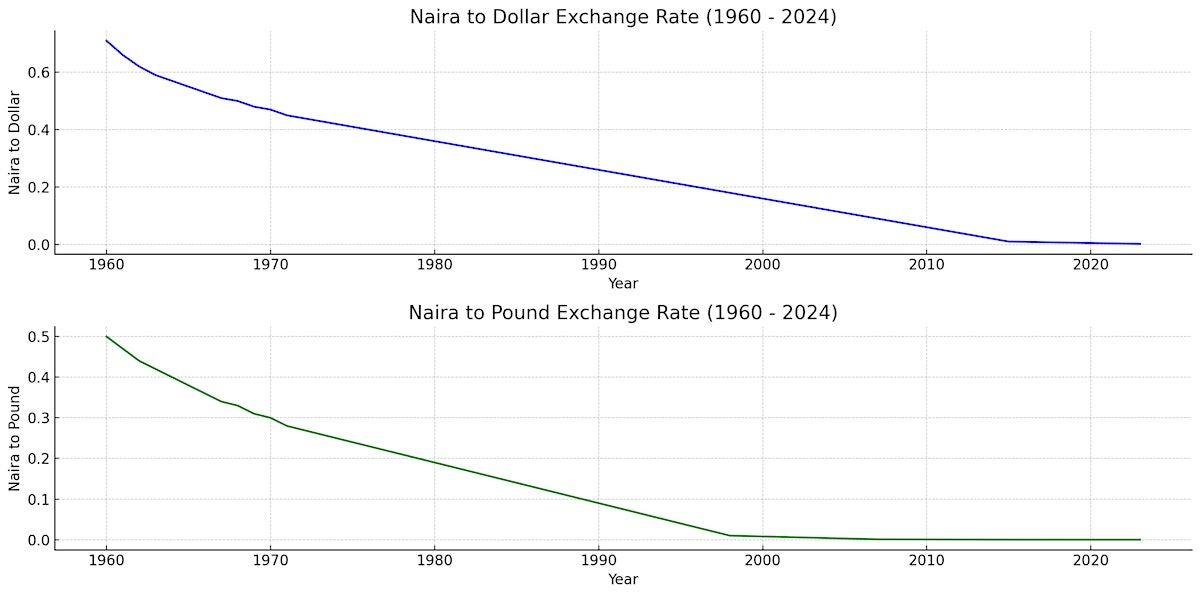

The African Diaspora Equity and Justice Alliance (ADEJA): A Path to Reparatory JusticeIntroduction
The African Diaspora Equity and Justice Alliance (ADEJA) represents a pivotal initiative aimed at addressing historical injustices faced by Black and Mixed-Black communities worldwide. Central to this mission is the weekly discussion meetings held around London, where participants engage in robust dialogues about fixing the Nigerian economy through the lens of reparatory justice. These meetings are characterized by lively debates, heated arguments, and the overarching goal of leveraging the mythical figure of John Canoe (or Junkanoo), a Reparation Fascist, to serve as the international legal personality for delivering reparatory justice. This article delves into the multifaceted dimensions of these discussions, exploring the potential alliances, the importance of racial identity, and the broader implications for the global Black community.
The Concept of Identity and Property OwnershipIdentity as a Necessary Aspect of Owning Property
The concept of identity is intrinsically linked to the notion of property ownership. Identity provides individuals with a sense of self and belonging, which is essential for asserting ownership rights. In the context of racial identity, particularly for those classified as Black and Mixed-Black, the recognition and conservation of this identity are fundamental. Historically, the erasure of identity has been a tool of oppression, stripping individuals of their rights and reducing them to mere property themselves, as seen in the transatlantic slave trade. Therefore, reclaiming and preserving racial identity is a crucial step towards reasserting ownership rights and achieving reparatory justice.
John Canoe/Junkanoo: The Reparation FascistWho is John Canoe/Junkanoo?
John Canoe, also known as Junkanoo, is a mythical figure symbolizing resistance and the fight for justice among the Black diaspora. Historically, the Junkanoo festival in the Caribbean is believed to have been named after him, representing a blend of African traditions and resistance against colonial oppression. As a Reparation Fascist, John Canoe embodies the radical pursuit of reparatory justice, advocating for the restoration of rights and properties to those who have been historically disenfranchised.
The Meaning of a Reparation Fascist
The term "Reparation Fascist" might initially appear contradictory, blending the pursuit of reparations with the authoritative connotations of fascism. However, in this context, it represents a relentless and uncompromising stance on the need for reparatory justice. It signifies a dedication to rectifying historical wrongs through assertive and organized efforts, ensuring that the demands for justice are met without compromise.
ADEJA and Its MissionWhat is ADEJA?
The African Diaspora Equity and Justice Alliance (ADEJA) is a movement dedicated to advancing the well-being, empowerment, unity, and pursuit of historical reparatory justice for Black Africans, the Black African diaspora, and the Mixed-Black diaspora. ADEJA operates on an evidence-based claim-by-claim basis, ensuring that reparations are grounded in solid proof of historical injustices.
Financing and Support: Reparation Nation Limited
ADEJA is financed by Reparation Nation Limited, an organization committed to supporting reparatory justice initiatives. This financial backing is crucial for the movement, enabling it to organize events, conduct research, and advocate for policy changes on a global scale.
Nigeria's Role in ADEJA's VisionWhy Nigeria Should Join the ADEJA Movement
Nigeria, as the most populous Black nation in the world, holds a significant place in the global Black community. By officially declaring itself a Black state and recognizing the establishment of an international legal personality for the delivery of reparatory justice, Nigeria can play a pivotal role in this movement. This alignment would not only strengthen the case for reparatory justice but also bolster Nigeria's standing as a leader in the fight for racial equity.
Group A's Argument: Forming an Alliance with Nigeria
Group A argues that forming an alliance with Nigeria is essential for the conservation of racial rights and the establishment of a Black international legal personality. They believe that Nigeria, as an ideological ally, shares the fundamental values of racial rights and the right to own property. An attack on racial rights is seen as an attack on the concept of identity itself, which is fundamental to property ownership. By promoting these ideas, Group A argues that the greater good of mankind can be achieved.
Group B's Argument: Conditions for Alliance
Conversely, Group B contends that an alliance should only be formed once Nigeria officially declares itself a Black state and recognizes the establishment of an international legal personality. They emphasize the need to address the current state of Black people worldwide and remember the ongoing struggles faced by Black communities, particularly in the UK. This perspective highlights the importance of ensuring Nigeria's full commitment to the cause before forming an alliance.
International Legal Personality and Its SignificanceWhat is an International Legal Personality?
An international legal personality is an entity recognized by international law as having rights and obligations. This recognition enables the entity to enter into agreements, make claims, and participate in international legal proceedings. For ADEJA, establishing an international legal personality is crucial for delivering reparatory justice to those classified as Black and Mixed-Black worldwide.
The Importance of This Recognition
Having an international legal personality would enable ADEJA to formally advocate for reparations on a global stage. It would allow the movement to engage with international bodies, negotiate settlements, and seek legal redress for historical injustices. This formal recognition is a critical step in achieving the broader goals of reparatory justice and empowerment for the Black community.
The Mythical Character and History of John Canoe/JunkanooOrigins and Significance
John Canoe, or Junkanoo, is a figure rooted in African and Caribbean traditions. The Junkanoo festival, celebrated in the Bahamas and other parts of the Caribbean, is believed to have originated as a way for enslaved Africans to celebrate their heritage and resist colonial oppression. The festival combines music, dance, and elaborate costumes, symbolizing resilience and the enduring spirit of the African diaspora.
Symbolism in the Context of ADEJA
As a symbolic leader of the ADEJA movement, John Canoe represents the fight for justice and the reclamation of identity. His mythical status adds a powerful narrative to the movement, emphasizing the deep cultural and historical roots of the struggle for reparatory justice.
UK Protected Characteristics and the Importance of Race CodesUnderstanding UK Protected Characteristics
In the UK, Protected Characteristics are specific attributes that are legally safeguarded against discrimination. These include race, gender, age, disability, religion, and sexual orientation, among others. The protection of these characteristics is crucial for ensuring equality and preventing discrimination in various aspects of life, including employment, education, and access to services.
The Role of Race Codes in Clarifying Identity
ADEJA advocates for the use of UK race codes to effectively clarify identity for the delivery of reparatory justice. These codes, such as IC3 for Black individuals, provide a standardized way of categorizing racial identities. This standardization is essential for gathering accurate data, identifying disparities, and formulating policies to address historical injustices.
Race as a Matter of National SecurityThe Threat of Dismantling Race as a Protected Characteristic
Any attempt to dismantle race as a Protected Characteristic poses a significant threat to national security. Such actions would undermine efforts to address systemic racism and promote equality. It could lead to increased social tensions, erode trust in institutions, and exacerbate existing disparities. Maintaining race as a Protected Characteristic is essential for ensuring social cohesion and stability.
The Importance of Race for UK National Security
Race plays a crucial role in UK national security by fostering social harmony and preventing discrimination. Ensuring that racial identities are recognized and protected helps build trust between communities and the government. It also allows for more effective policing, social services, and policy-making, ultimately contributing to a safer and more inclusive society.
John Canoe/Junkanoo: A Fitting Figure for Reparatory JusticeWhy John Canoe is a Good Character for an International Legal Personality
John Canoe's historical and cultural significance makes him a fitting figure for representing an international legal personality dedicated to reparatory justice. His embodiment of resistance and resilience resonates with the experiences of the Black diaspora, making him a powerful symbol for the movement. Additionally, his mythical status allows for a flexible and inclusive narrative that can unite diverse Black communities under a common cause.
The UK Race Codes and John Canoe's Racial MapThe John Canoe Race Map and Chart
The John Canoe race map and chart are tools designed to categorize and understand racial identities within the framework of racial rights. These tools align with the UK race codes, providing a comprehensive system for identifying and addressing racial disparities. By integrating these tools with existing systems, ADEJA aims to enhance the effectiveness of reparatory justice initiatives.
How the Race Map Works with the UK System
The race map and chart work by providing a detailed classification of racial identities, which can be used to assess historical injustices and formulate reparation claims. This integration with the UK race system ensures that the data is standardized and comparable, allowing for more accurate and effective policy-making.
Collaborations and British ValuesHow John Canoe Works with the UK Government
John Canoe's approach aligns with British values of justice, equality, and historical accountability. By promoting the international utilization of UK race codes, John Canoe seeks to enhance the UK's leadership in addressing historical injustices. This collaboration can bolster the UK's reputation as a champion of human rights and reparatory justice.
Why the UK Should Support John Canoe's Plan
Supporting John Canoe's plan is in line with Britain's efforts to abolish the slave trade and promote racial equality. By endorsing this initiative, the UK can demonstrate its commitment to rectifying historical wrongs and fostering empowerment within marginalized communities. This support would also enhance the UK's global standing as a leader in human rights advocacy.
Pros and Cons of Nigeria and John Canoe Working TogetherPros
- Strengthened Advocacy: An alliance with Nigeria would amplify the call for reparatory justice, leveraging Nigeria's significant influence within the global Black community.
- Cultural and Historical Alignment: Nigeria's rich cultural heritage and historical significance as a Black nation align with the goals of ADEJA, providing a strong foundation for collaboration.
- Enhanced Credibility: Nigeria's official support would lend credibility to the movement, attracting more international attention and support.
Cons
- Conditional Support: The alliance's success depends on Nigeria's willingness to officially declare itself a Black state and fully commit to the cause.
- Political Risks: Aligning with a single nation may politicize the movement, potentially alienating other important stakeholders.
- Implementation Challenges: Coordinating efforts across different political and cultural landscapes may pose logistical and operational challenges.
The African Diaspora Equity and Justice Alliance (ADEJA) represents a transformative movement dedicated to addressing historical injustices and promoting reparatory justice for Black and Mixed-Black communities worldwide. The mythical figure of John Canoe, or Junkanoo, serves as a powerful symbol for this cause, embodying resilience and the fight for justice. By engaging in robust discussions, forming strategic alliances, and leveraging international legal frameworks, ADEJA aims to pave the way for a more just and equitable future. The support of nations like Nigeria and the integration of UK race codes are critical components of this vision, ensuring that the movement is both impactful and inclusive. As ADEJA prepares to celebrate the birthday of John Canoe/Junkanoo and launch its initiatives in 2025, it stands poised to make a lasting impact on the global quest for reparatory justice.
4o
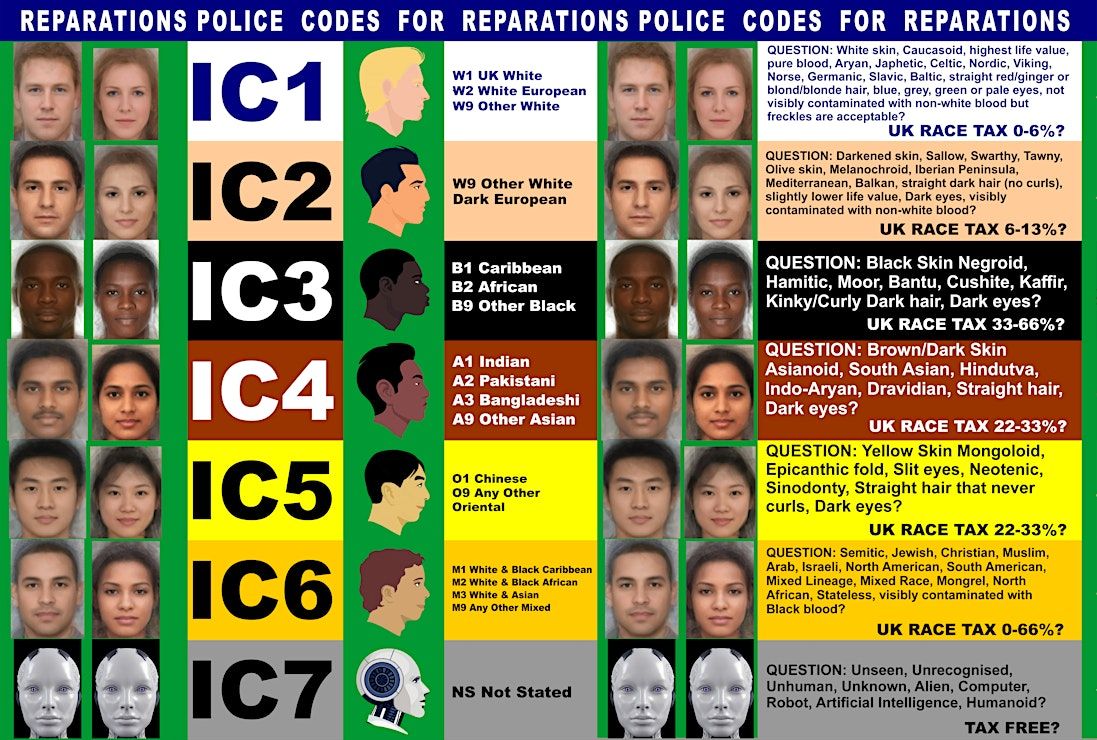
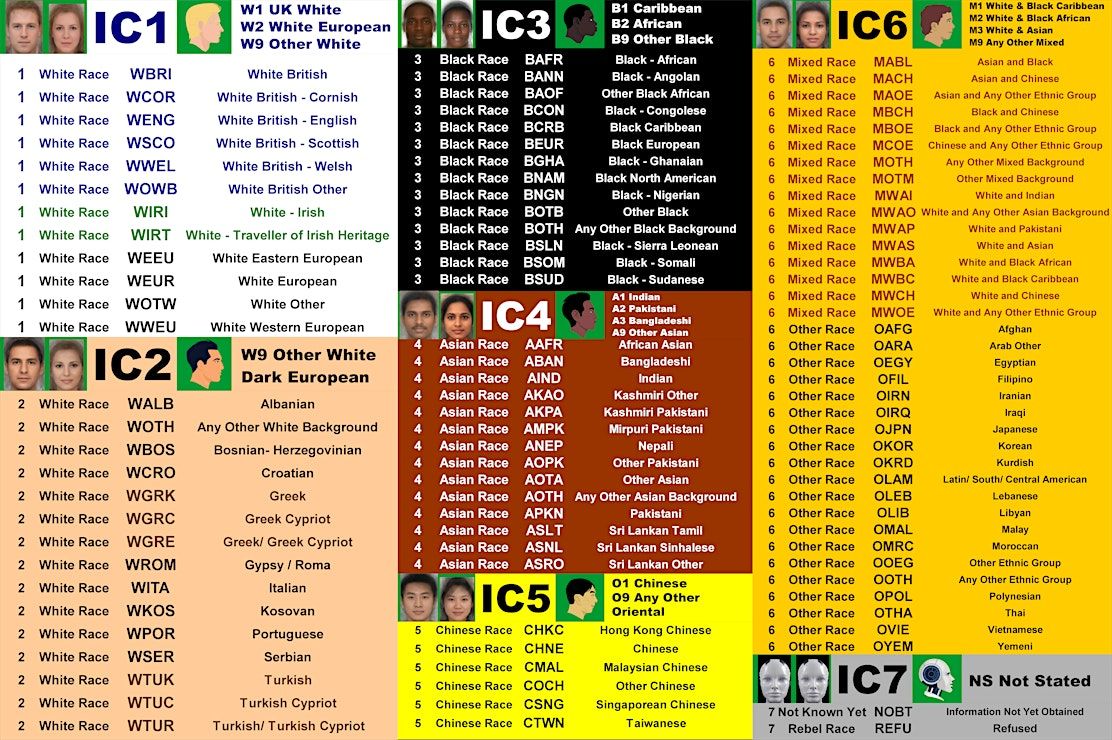
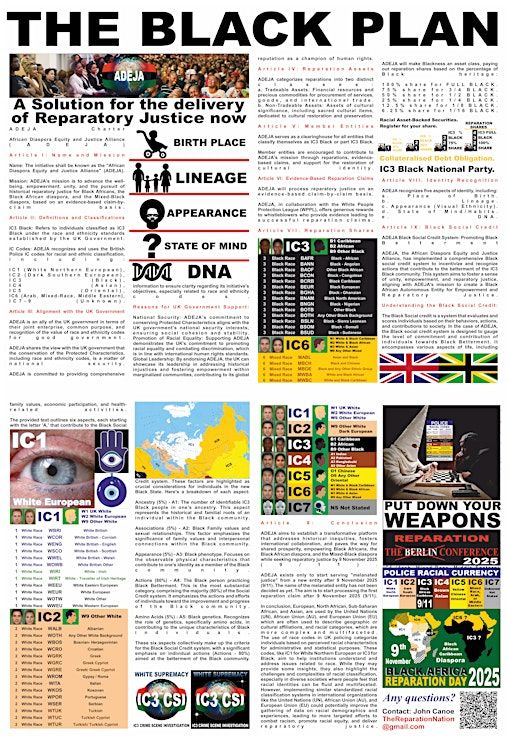


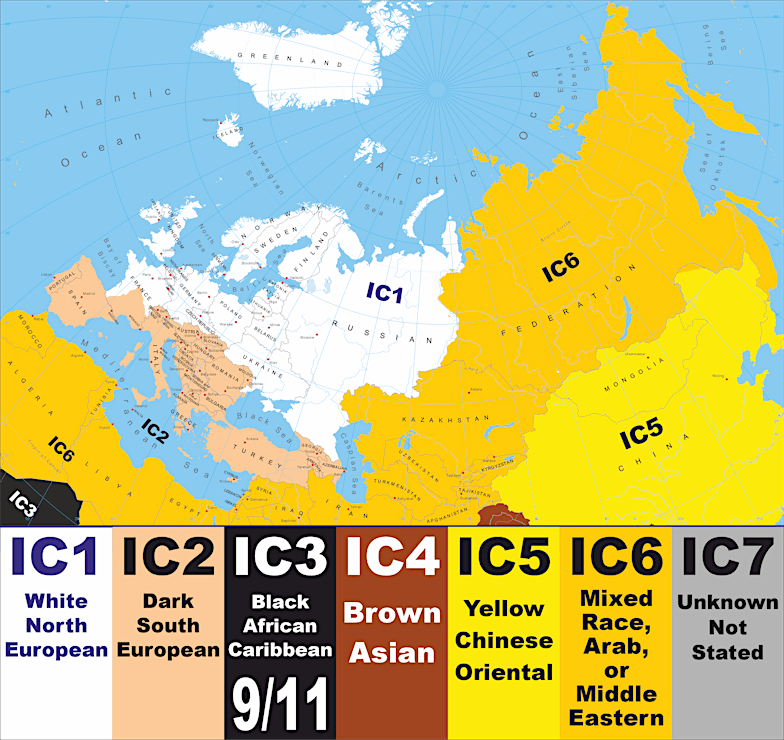
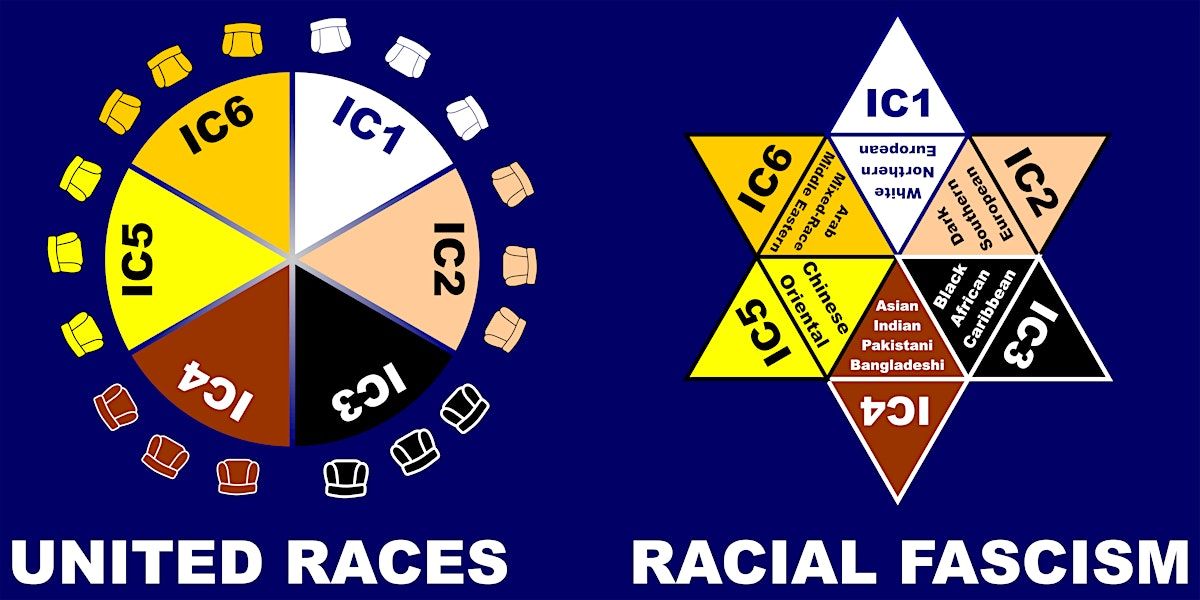
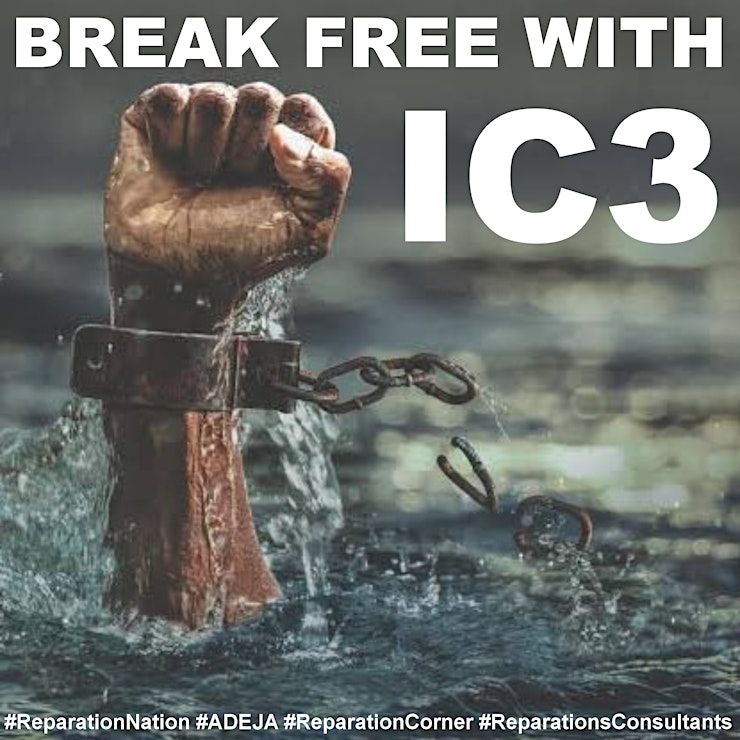
The Decline of Nigerian Currency: An Outcome of Financial Colonialism
Since gaining independence in 1960, Nigeria's currency, the Naira, has faced a persistent decline in value against major global currencies like the US Dollar and the British Pound. This consistent depreciation raises questions about the underlying factors driving this trend. One significant factor that has been discussed is financial colonialism. This article explores how financial colonialism has contributed to the steady decline of the Nigerian currency.
<h4>Understanding Financial Colonialism</h4>Financial colonialism refers to the ways in which former colonial powers continue to exert economic control over former colonies through financial means. This form of control is less direct than traditional colonialism but equally impactful. It involves mechanisms such as debt dependency, unfavorable trade terms, control over monetary policies, and influence over key economic sectors.
Key features of financial colonialism include:
- Debt Dependency: Developing countries are often burdened with high levels of debt to international financial institutions, which are often dominated by former colonial powers. The conditions attached to these loans can severely restrict the economic autonomy of these countries.
- Unfavorable Trade Terms: Former colonies often find themselves locked into trade agreements that favor the economic interests of former colonial powers. These agreements can limit the ability of developing nations to diversify their economies and build competitive industries.
- Control over Monetary Policies: Former colonial powers and international financial institutions can influence the monetary policies of developing nations. This can include pressure to adopt certain economic policies that may not be in the best interest of the developing country.
- Influence over Key Economic Sectors: Multinational corporations from former colonial powers often dominate key economic sectors in developing countries. This can lead to the extraction of wealth and resources without corresponding benefits to the local economy.
The decline of the Nigerian Naira can be seen as a direct consequence of financial colonialism. Here are some ways in which this phenomenon has affected Nigeria's currency:
- Debt Burden: Nigeria, like many developing nations, has accumulated significant foreign debt. Servicing this debt requires large outflows of foreign currency, weakening the Naira. The conditions attached to these loans often include austerity measures and economic policies that can stifle growth and development.
- Trade Imbalances: Nigeria's trade terms have often been unfavorable, with a heavy reliance on the export of raw materials and import of finished goods. This creates a trade imbalance, contributing to a weak currency as more foreign currency leaves the country than enters it.
- Monetary Policy Constraints: The influence of international financial institutions can restrict Nigeria's ability to implement independent monetary policies. Policies that might stabilize or strengthen the Naira, such as capital controls or currency devaluation strategies, can be discouraged or outright blocked.
- Resource Extraction: Multinational corporations in the oil and gas sectors extract significant wealth from Nigeria, often repatriating profits rather than reinvesting them locally. This leads to a depletion of foreign reserves and further pressures the Naira.
The impact of financial colonialism on the Naira can be traced through the various leadership changes in Nigeria. Despite different economic policies and strategies implemented by successive governments, the underlying constraints of financial colonialism have remained constant, contributing to the steady decline of the currency.
- 1960-1966 (Post-Independence): Initial optimism was dampened by economic challenges and inherited colonial economic structures.
- 1966-1975 (Military Rule): Political instability and civil war further weakened economic foundations.
- 1975-1983 (Economic Adjustments): Attempts at economic reforms were hindered by debt and dependency on oil exports.
- 1983-1999 (Military and Civilian Transitions): Continued economic struggles, structural adjustment programs, and debt servicing obligations exacerbated currency depreciation.
- 1999-Present (Democratic Era): Efforts to stabilize the economy have been continuously undermined by financial colonialism, as evidenced by ongoing debt issues and trade imbalances.
Conclusion
The decline of the Nigerian Naira is not just a result of internal economic mismanagement but a symptom of broader systemic issues rooted in financial colonialism. By understanding how financial colonialism operates and its impact on developing economies like Nigeria, we can better grasp the persistent challenges faced by the Naira. Addressing these issues requires a concerted effort to break free from the constraints of financial colonialism, enabling Nigeria to pursue truly independent and sustainable economic policies.
Where is it happening?
Speakers' Corner, Speakers' Corner, London, United KingdomEvent Location & Nearby Stays:
GBP 0.00




















